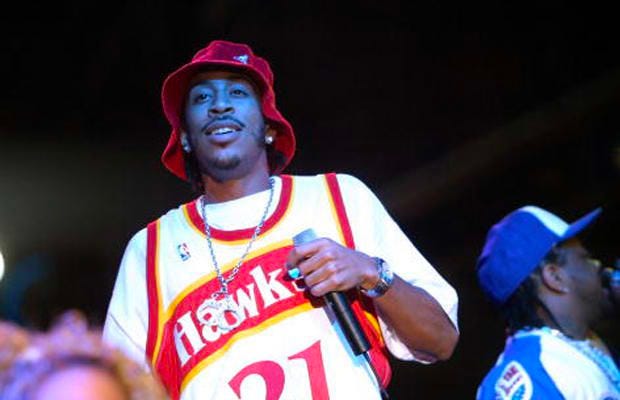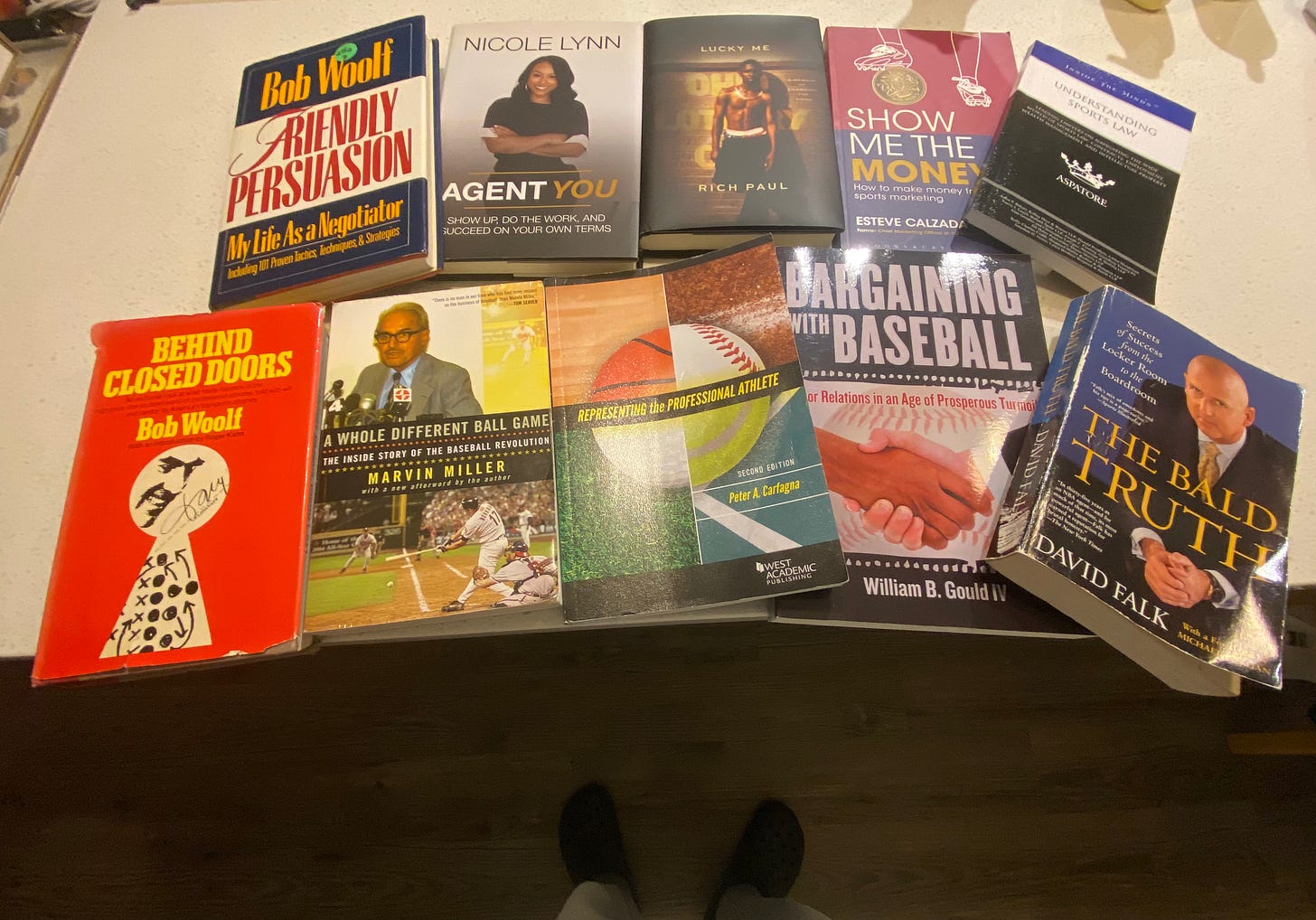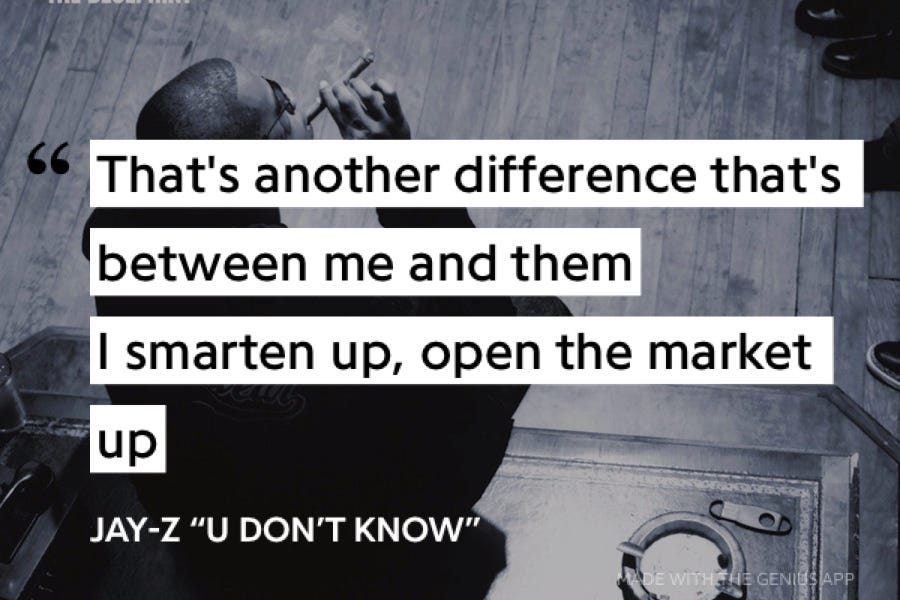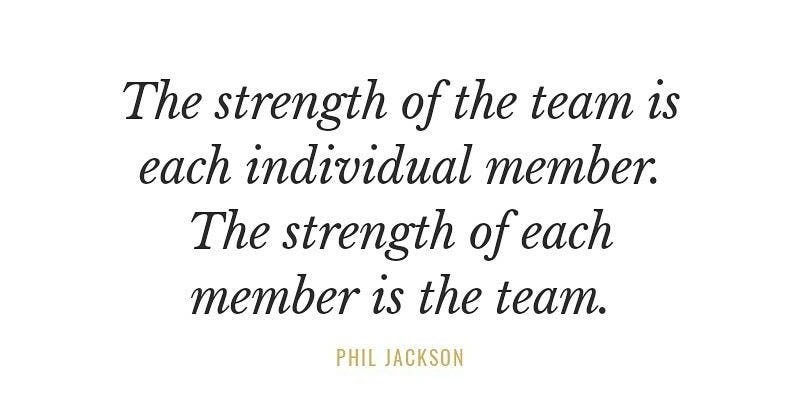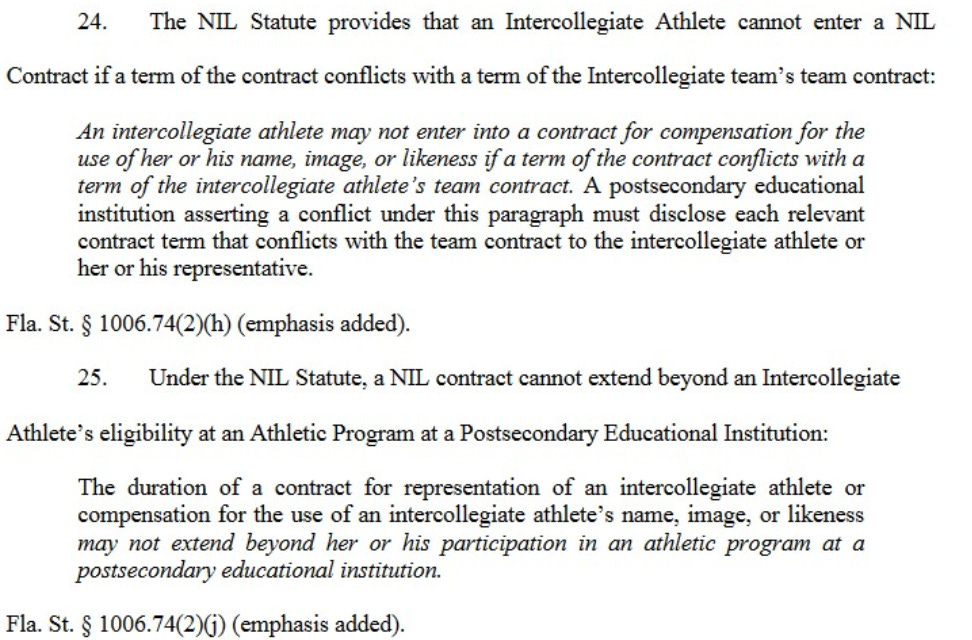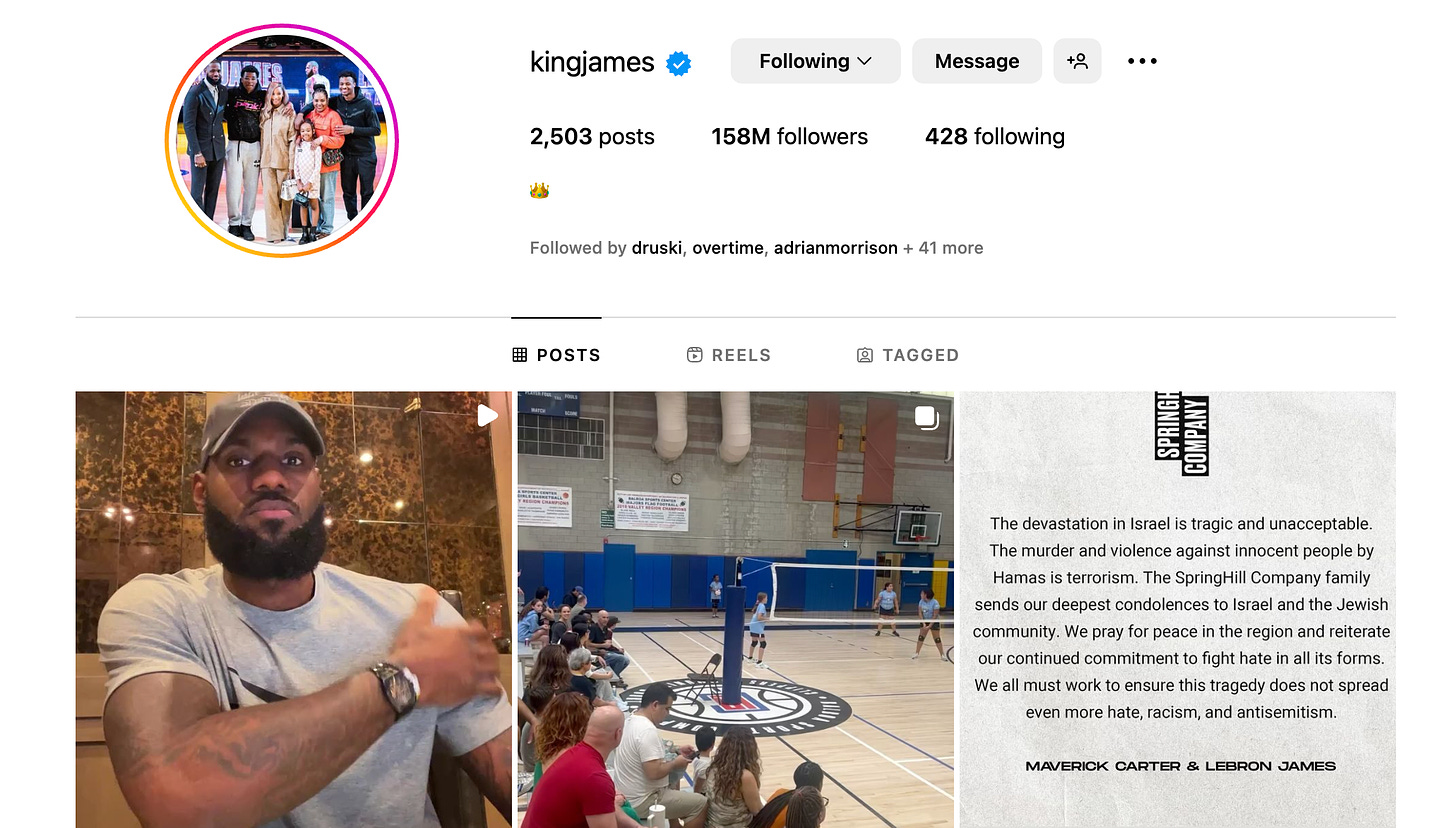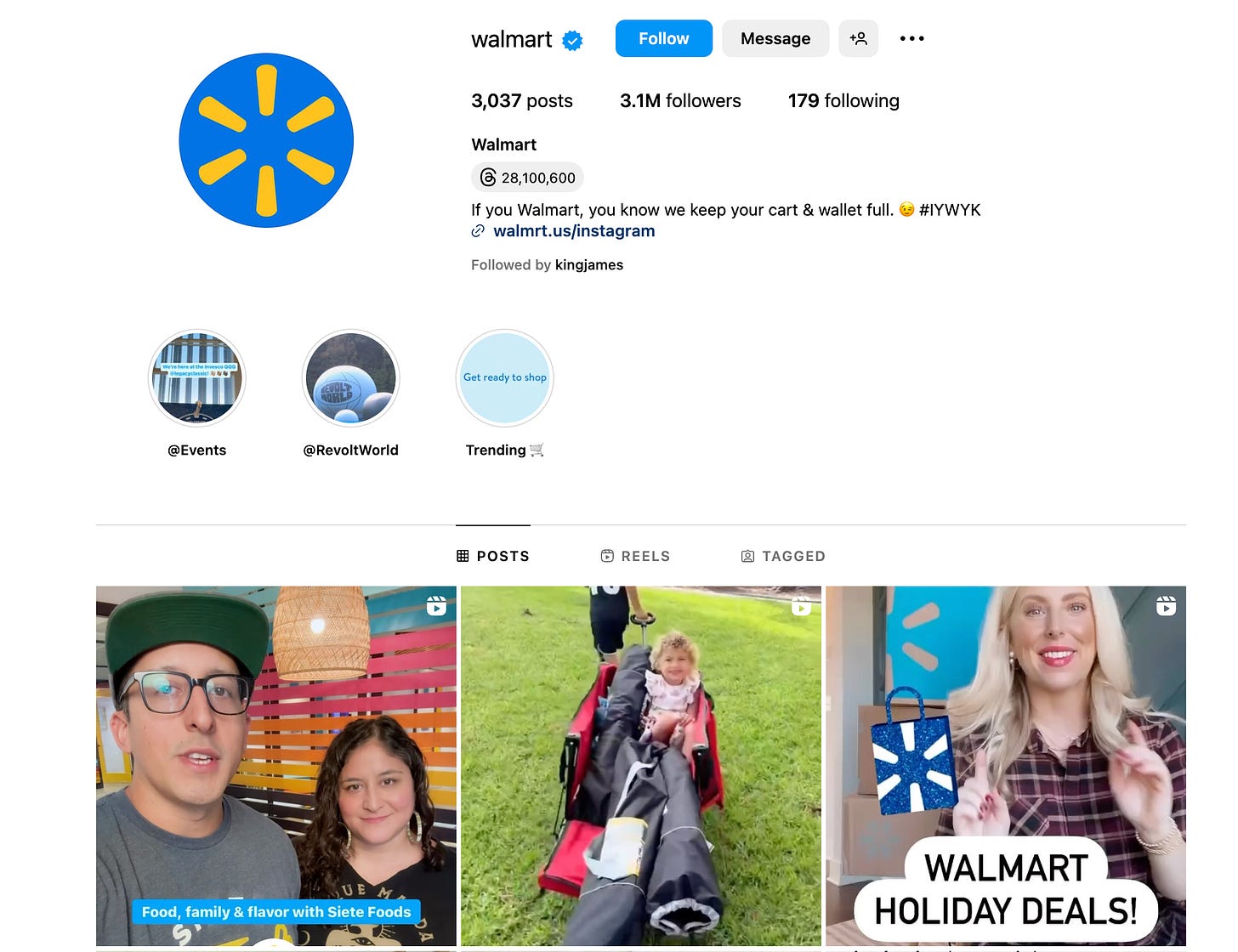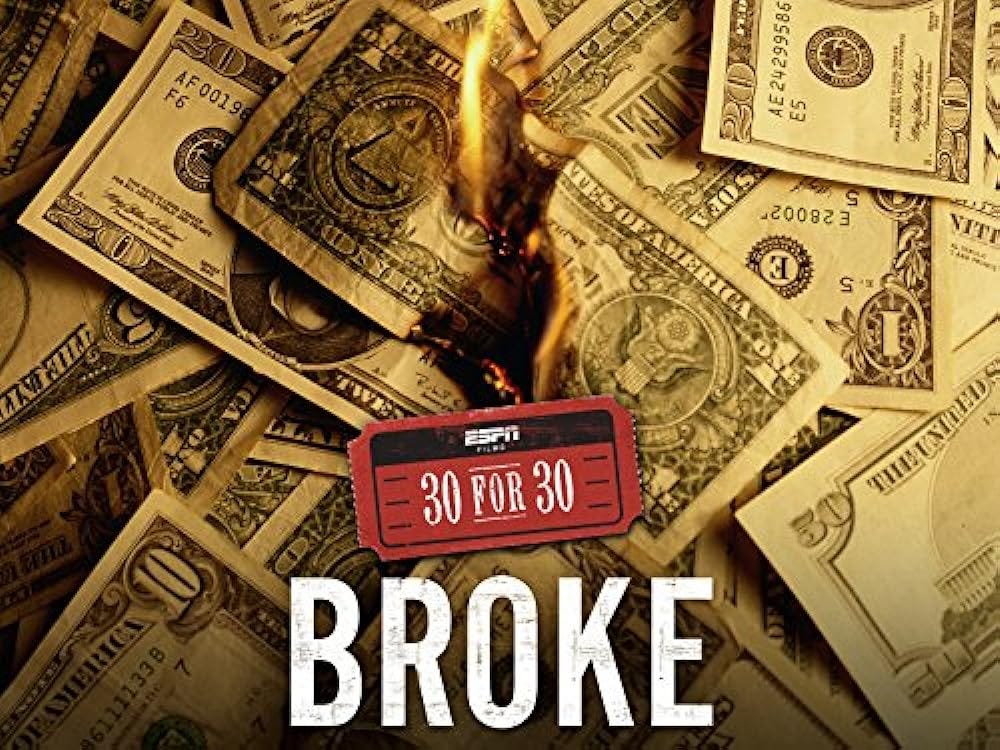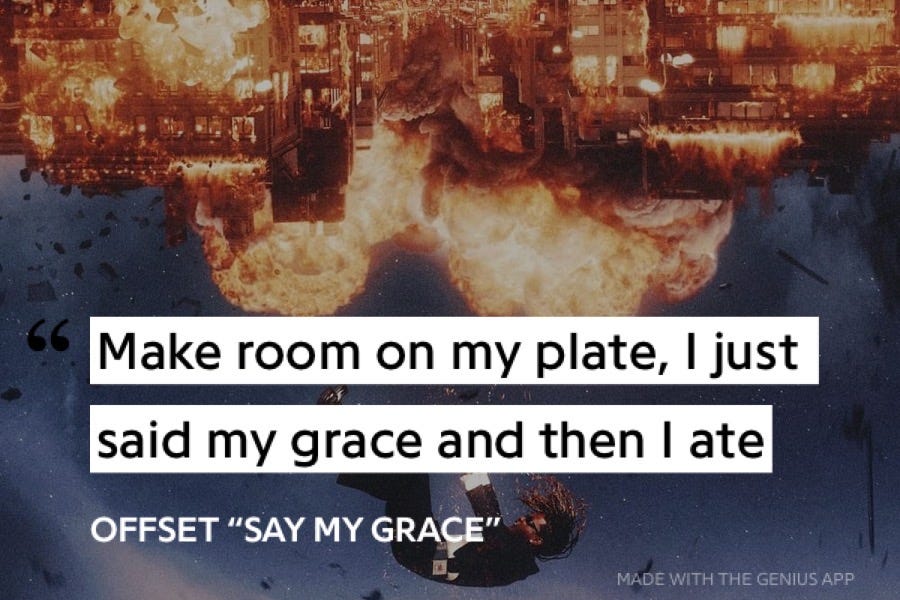Before I get into this article, I wanted to give a brief update. I’ve recently joined a law firm and will be leading their Atlanta location. I’m looking forward to continuing to practice at the intersection of technology, sports, media, and entertainment and helping clients build their businesses.. because if we create it, we should own it.
Outside of that, I’d love to speak with more of my subscribers. Feel free to contact me if you ever have any feedback. You can contact me at elijahadefope@gmail.com
Alright, let’s get into it.
ALL IN THE GAME
Those are just some of the books I’ve bought over the years on the sports business. Coming out of law school, it was my vision to start a sports representation business and empower athletes. I was inspired, in part, by guys like Rich Paul, but also that I saw a space where athletes weren’t receiving the information lawyers and other professionals were privy to and which was often kept from them. This tended, and tends, to make athletes overdependent, but also hinders them from taking full advantage of opportunities that are otherwise available to them and from expanding their business interests.
However, as I progressed in my legal career, I realized that I had my own challenges to navigate, not unlike those that athletes face, and that’s the point of this article. We all have challenges in some form or the other. I never saw a great deal of difference between myself, as a lawyer, and a rapper or an athlete. We’re all in business and looking to exploit our gifts, talents, and experience, but it’s the lack of understanding of the challenges of business that ultimately prevents many of us from actualizing our dreams.
MARKET PLAYS
In Part I, I touched on one of the main challenges facing student-athletes: a small percentage of high-school athletes play at the collegiate level, specifically D-1, and an even smaller percentage make it to a professional league. That presents two challenges: (i) an athletic career challenge and (ii) a marketability challenge.
The first challenge is obvious. Simply put, like many other fields, the likelihood of making money from playing professional sports is slim for most, and so student-athletes need to be sober-minded, have a team of trusted advisers, and develop a plan or idea for life and business outside of sports. The second challenge will be the focus of this article, but we’ll also discuss a few others, such as business, skill, and brand challenges.
As previously discussed, the NIL rules govern the payment to student-athletes for their name, image, and likeness rights. It is a marketing or sponsorship-based rule and space, and as such, implicates the marketability of student-athletes.
I think about the marketability of an athlete in three ways: (i) performance, (ii) prominence, and (iii) persona.
Performance - Performance is self-explanatory. It’s measured by an athlete’s on-court and field performance. It is the stats that an athlete puts up. It’s the measurable data on how an athlete benefits their team and competes against other similarly situated athletes. This goes back to the statistics shown in Part 1, there will simply be a limited number of athletes who perform at a high enough level to secure the limited roster spots on each league’s team (whether high school, collegiate, or professional).
Prominence - Prominence is the profile that an athlete develops, not only in their respective league but also in their community, society, and pop culture. How well does the general public know the athlete and their on-court and field exploits? How celebrated is the athlete? The degree to which people know about you is a key component of your marketability. It’s not enough to perform for your team (or league), other people need to know about it and you.
Persona - Persona is more subjective. This may be determined by the athlete’s look, personality, relationships, and contributions to their community and world. Think about Muhammad Ali. What about you, other than your on-court feats, attracts the world to you? Some people call it “brand”, but in my view, your brand is simply an extension of an undeniable and authentic quality (or persona) that makes you you and attracts others.
So, to sum it up, athletes who perform at a high level, receive a high level of professional and social recognition and have the personality and/or look needed to drive social influence will receive the highest level of marketing dollars and brand partnerships. As you can imagine, this will be a limited number of athletes - and this issue is exacerbated by the fact that these athletes are already competing with, not only other athletes, but other social and media influencers.
Rich Paul talks a bit about this in the context of shoe deals, starting at the 1:09:19 mark.
As an athlete, how do you focus on your game (and education) and perform at a high level, generate media and corporate relationships needed to develop prominence, and refine your persona to maximize your marketability?
TEAM BALL
I once advised a manager about their artist client, and they asked me, “when do artists need a lawyer?” My response was that there’s a lot they can probably learn on their own without hiring a lawyer, but they ideally need a lawyer as soon as they begin to make money or sign contracts with others. While I still believe that, for the most part, I do think that business people need lawyers as soon as they can afford one and before they enter into that business. A good lawyer can help you structure your business, craft your game plan, and advise you on how best to navigate the playing field, often helping you avoid pitfalls that befall others.
A lawyer, like any adviser, is crucial for business. In my book, Born 2 Ball: So You Want To Be A Professional Athlete? I quoted a Biblical verse that says, “What king would go to war against another king without first sitting down with his counselors to discuss whether his army of 10,000 could defeat the 20,000 soldiers marching against him?”
In other words, who would proceed with great plans without consulting trusted advisors? That’s a recipe for disaster.
This is the case when it comes to student-athletes and NIL. Student-athletes like recording artists or actors are often young and inexperienced in the corporate world. This often leads to poor decision-making, exploitation, or even not fully understanding the implications of specific deals. Additionally, they often don’t have proper advisors and business personnel around them. Now, to be sure, many young people are savvy and do their share of the exploiting, but the point is that, just as any sports team cannot win with only one or two good players, no business person can win solely because of their own talent - you need role players.
Steve Jobs was a visionary, but in order to scale and build Apple into the trillion-dollar market cap company it is today, he needed investors, lawyers, accountants, financial advisors, data analysts, managers, manufacturers, relationships with international governments, and hundreds of other personnel.
This is the second challenge to be covered here. While student-athletes may not need hundreds of personnel on their business teams, they do need advisors who can advise them in their best interests and help them navigate their careers and the corporate landscape.
Business Challenge
Most relevant to me, as a corporate lawyer and advisor for athletes, one of the significant team challenges are legal and business challenges. These challenges present themselves in contract negotiations and business dealings. Even when one has a business partner that they trust, and there is a mutually beneficial component or byproduct of the deal, it is important for athletes to ensure that they retain wise counsel. A current example of how this can go left is the matter between Gervon Dexter Jr., a rookie defensive lineman for the Chicago Bears and Big League Advanced Fund (BLA), an investment fund that makes NIL deals with collegiate athletes.
According to Yahoo Sports,
“Dexter Jr. is suing the fund for improper terms from an NIL deal struck between the two parties. According to the complaint from the Bears rookie, "the deal provided for an initial term covering the time period in which Dexter had NCAA eligibility, and an 'extended term.'"
…according to Jason Morrin, the alleged terms of the deal were $436,485 to Dexter for NIL services and 15% of his pre-tax NFL earnings for 25 years to BLA”
Legal Case
One of the claims is that, under Florida’s NIL statute, NIL contracts with a collegiate athlete cannot extend past the athlete’s collegiate career. In other words, you cannot sign an NIL representation contract with a collegiate athlete, which obligates them after they are no longer a college athlete.
An ESPN article also mentions that “in exchange for the payment, Dexter granted BLA a "perpetual, irrevocable, royalty-free, and worldwide license for the duration of the Initial Term to use the Player's name, image, likeness, comments, biographical information and/or athletic reputation for the advertisement or publication of BLA, including in social media posts, interviews, online content, press releases, and any other media."
The word perpetual is seemingly problematic because it would extend Gervon’s NIL obligations past his collegiate career.
Again, “under the Florida statute, an ‘intercollegiate athlete may not enter into a contract for compensation for the use of his/her name, image and likeness if a term of the contract conflicts with a term of the intercollegiate athlete's team contract’.
Here, the court will need to decide whether this contract is voided on its face because it is a NIL contract, but it is possible that the Court may void any inapplicable NIL provisions but retain the financial loan aspects of the contract, ruling that Gervon is still responsible for paying out 15% of his pre-tax NFL earnings for 25 years.
While there are NIL components to be determined in this specific deal, this isn’t the first contract of this nature; companies like BLA have executed similar deals with athletes and entertainers for years. Their value proposition is usually that they are providing cash flow to young individuals, often in the minor leagues or in other developmental stages of their career, who otherwise do not have access to funds - and in return, they participate if those athletes succeed financially.
At the end of the day, it’s a business transaction. We can debate whether or not it’s morally right, but the critical point is that athletes should have proper (legal) representation and clearly understand the risks and rewards. As an athlete, you will always be presented with offers - especially when you have promise; but shrewd legal representation can help you decide whether these deals are in your favor and where and how to negotiate.
Brand Challenge
Another challenge athletes face is what I’ll call a Brand Challenge, which is the challenge of understanding which brands to align yourself with and how to align in a way that protects you as an athlete.
Athletes and other influential personalities are often presented with brand and sponsorship deals because of the attention they garner in the marketplace. Today, Lebron has 158 million Instagram followers, more than the 3.1 million followers possessed by Walmart.
Now, of course, Walmart generated $573 billion in revenue in 2022; if analyzed in the view of Gross Domestic Product, it would be the 26th largest country in the world. Right between Belgium at $579 billion and Ireland at $529 billion. And, of course, not every athlete is Lebron; but the point is that, in this social media era, having social influence can translate to dollars - especially when you have more social media followers than most companies that are spending millions in social media advertising to catch the attention of the very eyeballs that are often on celebrities.
This is an opportunity, but there are also challenges. For example, Shaq was recently “served in a case involving collapsed cryptocurrency exchange FTX; the complaint is part of a class-action lawsuit alleging O'Neal and other celebrities defrauded FTX investors by appearing in advertisements for the crypto-trading platform.”
Now, Shaq has denied any wrongdoing, but the point is clear - athletes, like us all, have to be wary of the companies we endorse. The value of an athlete’s brand is not simply in their social media numbers; but, going back to the three components of marketability, is also in their persona.
Your persona is a part of your brand, and the companies you align yourself with say something about who you are. Athletes can benefit from brand sponsorships and, subsequently, gain credibility; but the wrong brand partnership can also diminish your credibility.
Skill Challenge
As I mentioned in Part I, the sports field is extremely competitive, and a minority of athletes succeed in this field. This is, in some ways, a skills challenge; meaning that it is imperative for athletes to develop the skills needed to compete. This doesn’t simply include athletic skills. It could be social skills, business skills, and/or financial skills. “A Sports Illustrated article reported that "78% of NFL players and 60% of NBA players face serious financial hardships after retirement.” ESPN also released a documentary that spoke to this issue.
Regardless of how accurate the statistics are, it’s clear that athletes have an inverted career arc; meaning that most of us make more money as we grow older. As Harvard Business Review once published, the average age of a successful startup founder is 45; but athletes receive millions in their twenties, or even teenage years, and their value (to their teams and leagues as professional players) declines as they grow older. This is problematic because they often don’t have the social, financial, and business skills to maintain their lifestyles, develop their business acumen, and pivot when the time comes.
This presents a skill challenge; and is why, in order to overcome it, athletes need not only athletic coaches, mentors, and trainers who can help them compete on the court but also mentors who can help them compete off the court.
CONCLUSION
These are just a few of the challenges that student-athletes face when navigating this space. Like us all, athletes need to have a plan for their life (including education), a regiment for their athletic performance, a plan for their ancillary endeavors, which includes marketing, publicity, and other business ventures; and, lastly, they need competent legal and financial counsel to ensure that they attain and retain the fruits of their labor.
The sports business is not all glitz and glamour. In many ways, it is more difficult for the athletes who operate within it and strive to succeed than for professionals in other fields. By anticipating and preparing for the challenges they will inevitably face, athletes can better position themselves for success.



